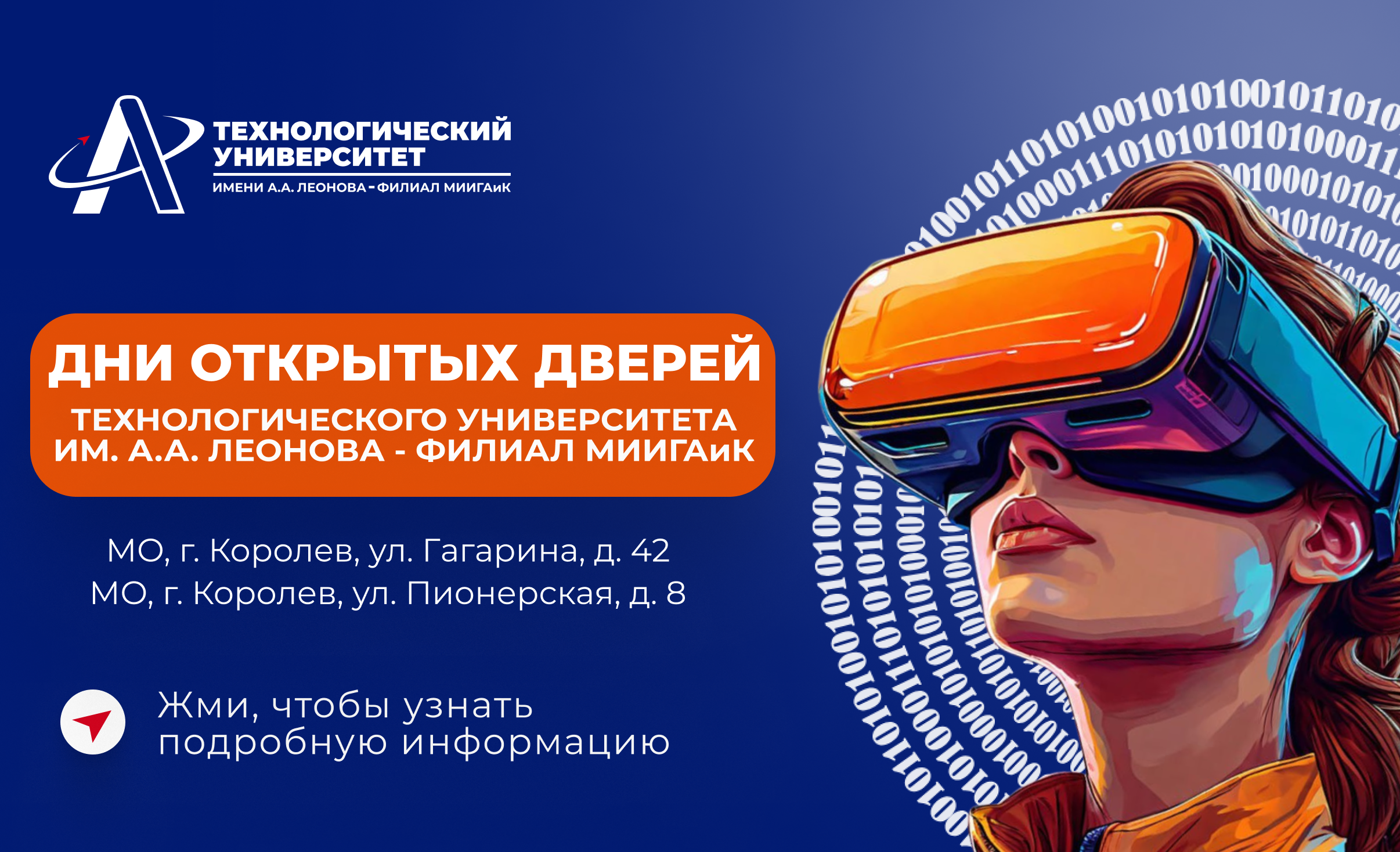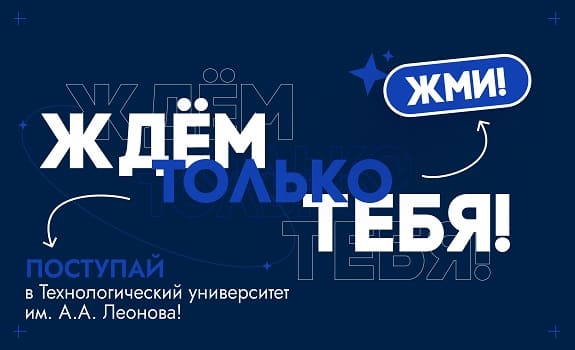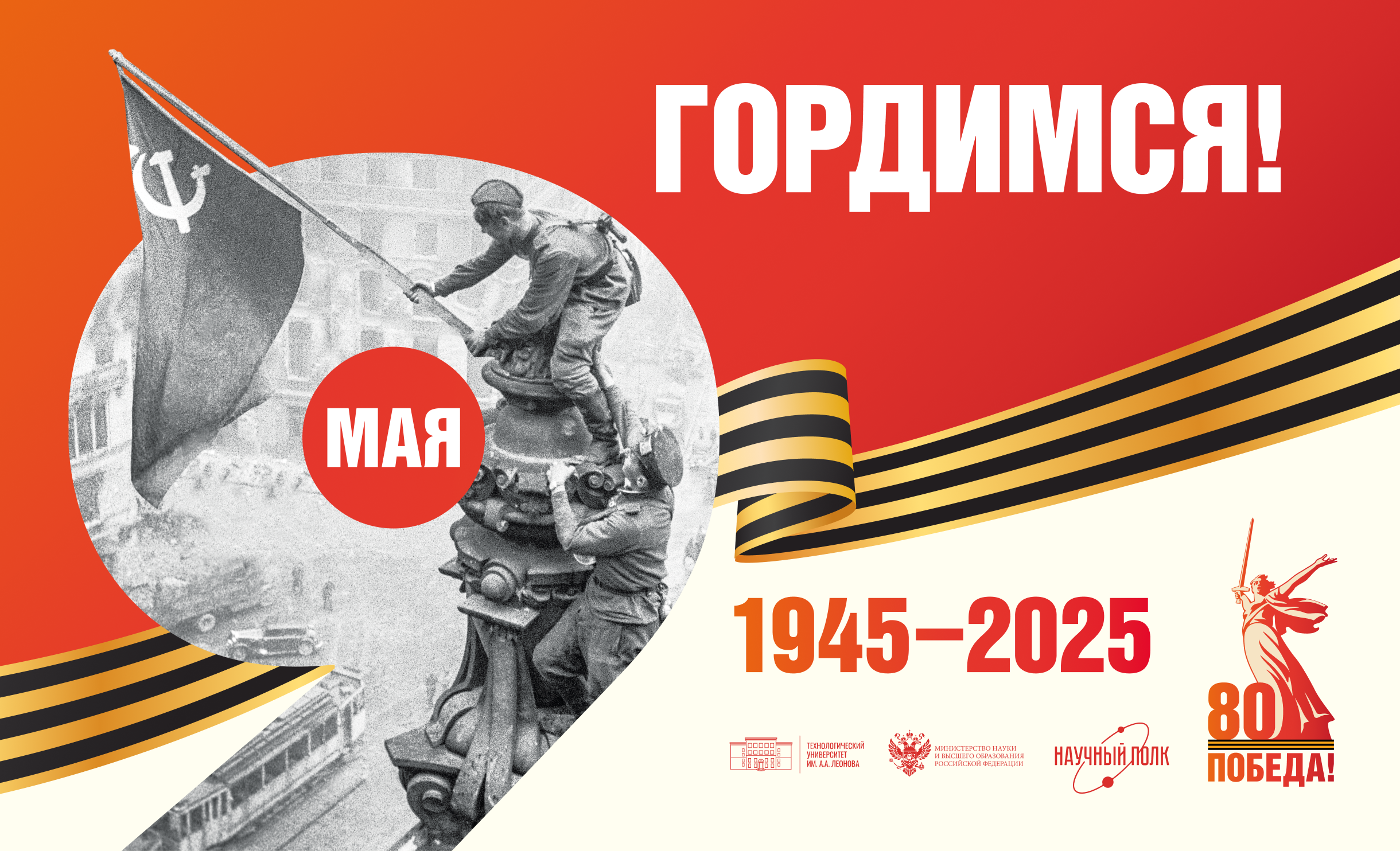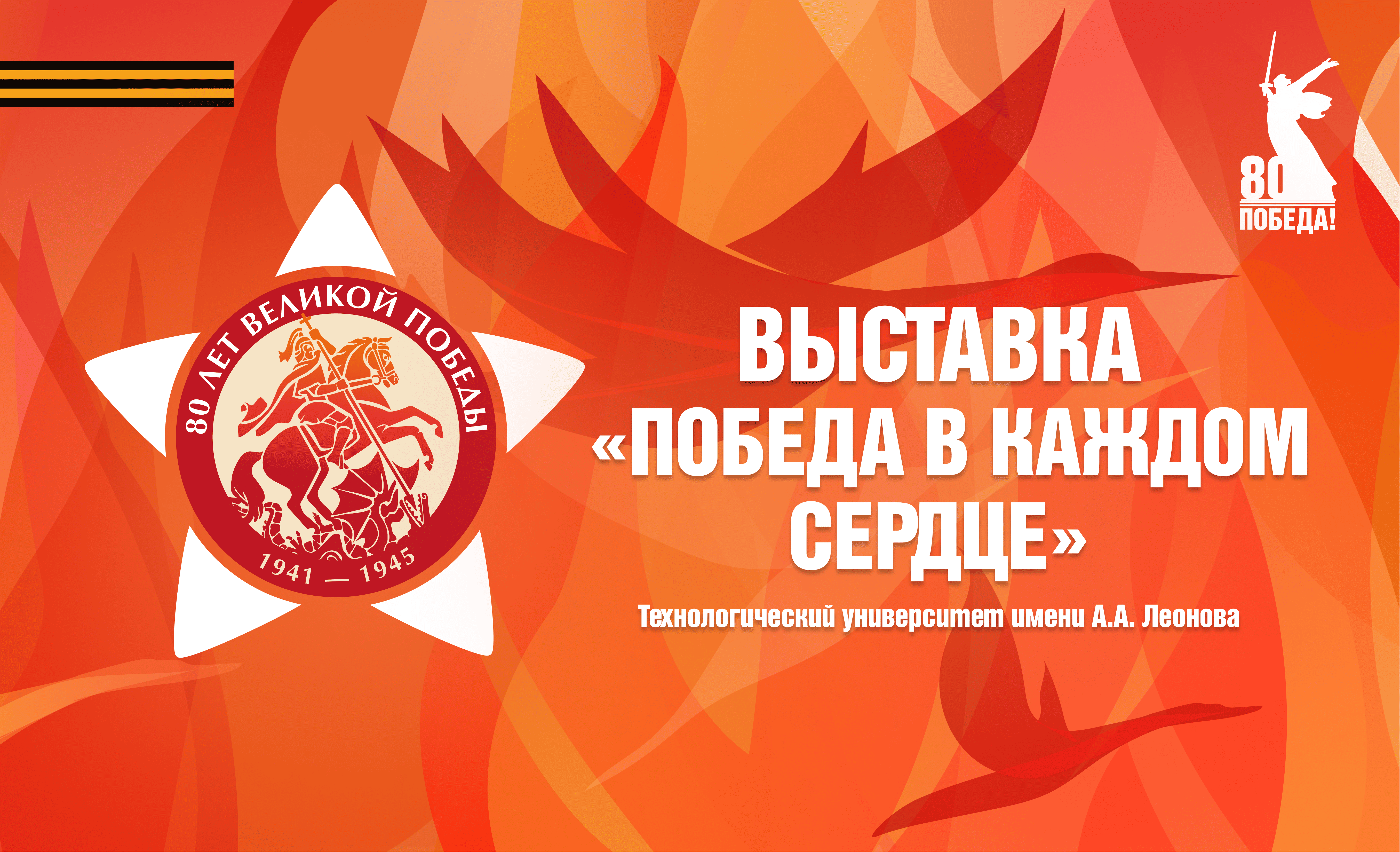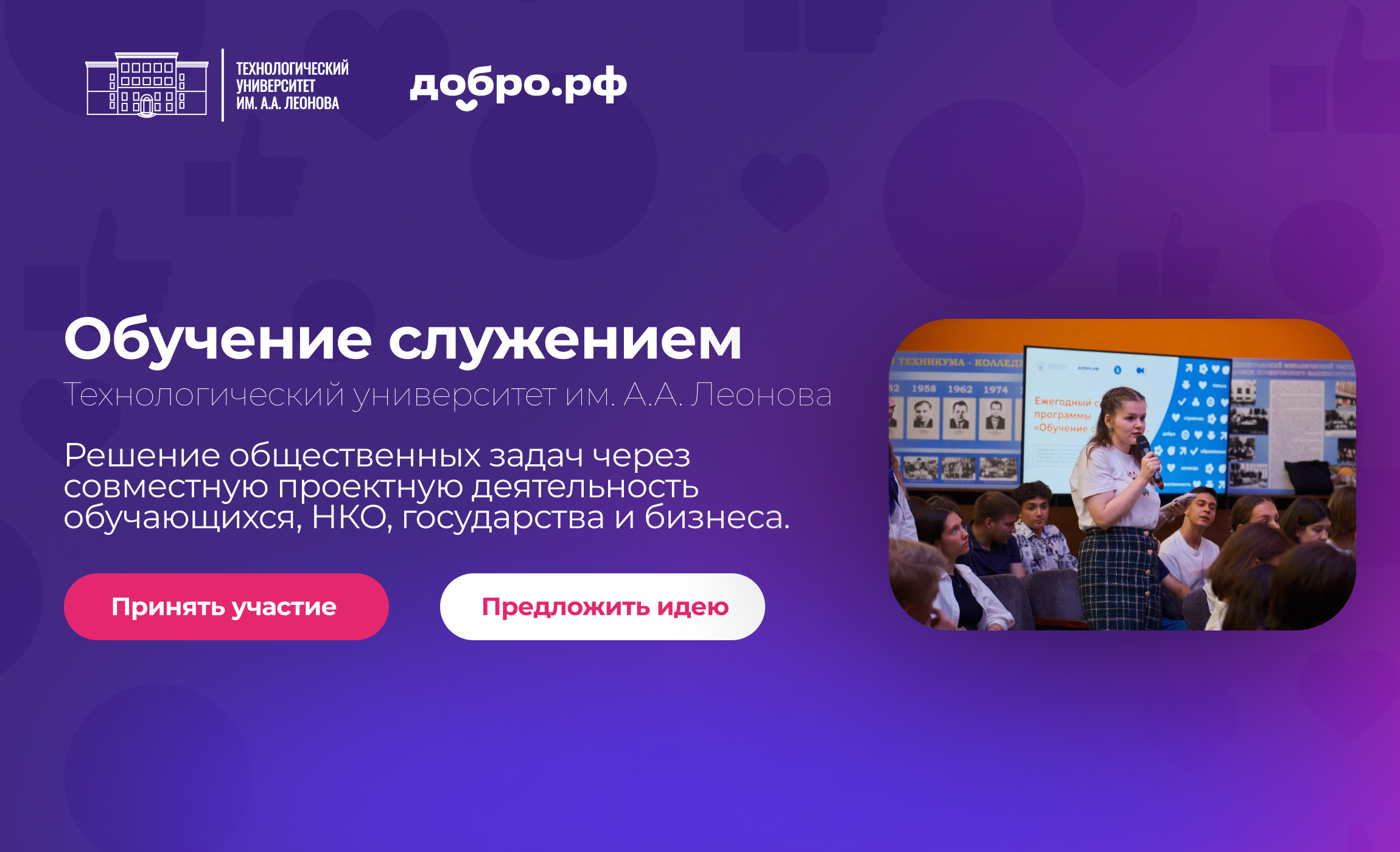Жизнь в России
- Иностранным студентам
- Жизнь в России
Student visa and registration
Foreign students need a passport and visa to enter the Russian Federation. If you've been accepted into a Russian university, you should start preparing your required entry documents in advance. A number of countries have entered into visa-free agreements with the Russian Federation, meaning that citizens of these countries do not need a visa to enter the Russian territory. These are: the Republic of Belarus, Armenia, Abkhazia, Georgia, Kazakhstan, Kyrgyzstan, Moldova, Tajikistan, Ukraine, Uzbekistan, and South Ossetia. However, the visa-free agreement between these countries only covers stays between 1-3 months. Considering that study programs generally last between 2-4 years, citizens of these countries are still strongly advised to obtain a student visa.
- How and where do I get my visa
A student visa can be obtained at the embassy or consulate of the Russian Federation in another country. Most European Union countries also have special visa centers. It is worth starting registration 45 days before arrival in Russia. The visa issuance process takes 2-3 weeks.
The package of required documents includes:
Foreign passport;
Completed application form;
An invitation from the host (university) to enter Russia;
Photo 3.5x4.5 cm;
Health insurance policy (visa up to 90 days);
Certificate of absence of HIV infection (visa for more than 90 days);
Parental consent for minors to leave the country.
A student visa may not be issued due to an incorrectly executed or incomplete package of documents, questions about the authenticity of documents, violations of the laws of the Russian Federation, or an actual ban on entry into the country.
- University invitation
An invitation confirms the applicant's purpose of arrival in Russia and is a required part of the visa application. Foreigners who have been admitted to a Russian university on a state quota (state scholarship) will be issued an invitation by the Ministry of Foreign Affairs. It will be sent directly to the consulate as a Telex message. If a student enrolled independently, the university will issue an invitation. In this case, the student must provide a copy of the invitation in their document package for their visa. In both cases, the invitation will be valid for 3 months.
- Validity period for student visas
Your initial student visa will be valid for 3 months. You must renew your visa by applying through your university. Your second visa will be issued for the entire year. This visa also gives you the right to travel outside of Russia.
- Renewing a student visa
Unfortunately, a single student visa will not cover your entire period of study. Every year, the international office at your university will have to renew your visa. In order to extend your student visa, you must apply to your university 30 days before the visa expiration date and provide the following:
● Your passport;
● A completed application form with a 3.5x4.5 cm photo;
● A copy of your agreement with the educational institution that confirms your student status;
● A statement from the university with a written justification for the extension;
● A copy of the state fee payment receipt (RUB 1,920 or EUR 20);
● Your migration card;
● Your notice of arrival.
Students will be issued a fine of RUB 2,000-5,000 (EUR 20-50) for staying in Russia with an expired visa. In the worst cases, students can be deported and banned from returning to Russia for 5 years.
- Registration
International students with a residence permit or temporary residence permit must be registered at their permanent place of residence. To do this, they must obtain permission from the homeowner and submit a rental agreement with their application that confirms their right to reside in their place of residence.
You can visit either a passport office or an MFC to register at your place of residence. You will be asked to submit an identity document, residence permit or temporary residence permit, rental agreement, and receipt of the state fee payment.
Your proof of registration is a stamp in your residence permit, temporary residence permit, or passport.
- Migration card
Migration cards provide information on foreign citizens entering the Russian Federation and help monitor their temporary stay in Russia. The form for your migration card will be provided free of charge and must be completed before passport control. Foreigners should carry their passport and migration card with them at all times.
It is important to complete the migration card correctly and without any revisions. If a foreigner does not speak Russian, they can use Latin letters. After presenting their form at passport control, students will be given back a section of the form, which they must keep for their entire period of stay in Russia. This card does not expire, but you will need to complete a new form every time you exit and re-enter the Russian Federation.
- Migration registration
Foreign nationals are required to apply for the migration register within a week after arriving in the country. To do this, they must register at their place of residence, which can be either their residential address, for example.
- Loss or absence of registration documents
If a foreign student loses his/her migration card, he/she must apply for a copy at his/her local branch of the Main Department on Migration Affairs of the Ministry of Internal Affairs of the Russian Federation. This should be done within three days. If your other documents are all in order, you will be able to get a copy of your registration for free on the same day.
If a foreign student loses his/her registration certificate, he/she must also apply to the Main Department on Migration Affairs of the Ministry of Internal Affairs of the Russian Federation. The office will review the application and issue a copy free of charge within three business days.
Foreign students who violate migration rules can be fined up to RUB 7,000 (EUR 70). If the student has already accumulated two administrative violations, they will be deported to their home country with a three-year ban on visiting Russia.
Safety & Security
Russia is a very safe place to live. However, just like any other country, precautions must be taken to avoid getting caught in unpleasant situations. Here are some tips for staying safe and healthy while you enjoy your time in Russia.
- Transport and Public Places
Unfortunately, pickpocketing is not uncommon in big cities. You should be especially careful when traveling on public transport, which is almost always crowded. At rush hour, it's easy to miss a thief rummaging through your pocket or purse. To prevent this:
- Hold your bag in front of you and be sure to wear your backpack in the front
- Don't keep your phone in your coat or pants pocket
- Don't get distracted by phone conversations or social media while traveling;
- Avoid displaying expensive items in public, e.g., cameras, tablets, jewelry
- It’s not a good idea to have large sums of cash on hand
You should also be alert when traveling by train. Do not leave your belongings unattended; your documents and money are best kept in a small bag that you carry with you at all times. Never drink alcohol with unfamiliar fellow travelers. Otherwise, you may fall victim to pickpockets
- Electronic Security
Any transactions involving credit cards and money transfers should be made through official payment services and bank websites. Always check the details of the recipient and the intermediary service. Avoid saving your credit card details in your internet browser, and never share them with third parties. Be careful when using online dating services. Never send money or gifts to people you don't know personally. Before going on a date, you can have a "test" video call to make sure that the person you are meeting is actually who they say they are.
- Restaurants, Nightclubs, and Entertainment Centers
Nightlife in Russian cities is always bustling. When going out for a night on the town, you should still remember some safety rules:
- Do not go anywhere with strangers, especially to bars or nightclubs. In general, avoid socializing with inebriated people and always go to entertainment venues with your friends.
- Do not consume alcohol from unlabeled bottles. If you are drinking vodka, make sure it is store-bought and properly labeled, as vodka is the most commonly counterfeited drink.
- Every city has an area that is considered less safe. Ask locals about the places that should be avoided by foreigners.
- Take a cab or public transport when coming home from a bar or club. Avoid walking alone on poorly lit streets at night.
- Taxis
You should not be afraid to use cab services. Mobile services such as Yandex.Taxi are safe and relatively inexpensive. If your driver doesn’t seem trustworthy, you can share your route and time of arrival with your friends via the mobile app. Moreover, you can always order a cab by calling an official carrier. It's best to avoid flagging down cars on the street, in case you run into an untrustworthy driver. Always negotiate the price before the trip, check the meter, and demand a physical or electronic receipt upon arrival. To make sure the driver doesn't take you on the longest route, mark the departure and arrival addresses on an online map, and check the road when traveling.
- Water
Tap water in Russia is rarely suitable for consumption. Never drink water directly from the tap. If you accidentally drink some tap water, for example, while brushing your teeth, nothing bad will happen. However, it's best to buy bottled water or use special pitcher filters for drinking
- ID Checks
If a police officer stops you on the street, there's no need to be frightened or worried. In order to combat terrorism, police often conduct citizen ID checks in public places. After your ID is verified, you will be immediately let go. When leaving home, always take your passport, student ID, and migration card just in case. Your student ID may come in handy at the most unexpected moments. You might even get a discount on a spontaneous student promotion at a cafe.
- Free Emergency Phone Numbers
Save these emergency phone numbers and immediately call for help if you ever feel like you are in danger.
- Unified emergency number: 112 (landline and mobile).
- Fire department: 01 (landline), 101 (mobile).
- Police: 02 (landline), 102 (mobile).
- Ambulance: 03 (landline), 103 (mobile).
- Gas service: 04 (landline), 104 (mobile).
Health insurance
There are two types of medical facilities in Russia: public, where medical costs are paid by the state, and private, where you have to cover the cost of services yourself. For Russians, there is a system of compulsory health insurance that allows citizens free medical service in hospitals and clinics. Foreign citizens can only receive free emergency medical care in life-threatening circumstances, such as poisonings, accidents, diseases, or injuries. Emergency medical care is provided by qualified doctors who can stabilize the patient and ensure their survival. In an emergency, you can reach medical services by calling 103 or the unified emergency number, 112.
- VHI policy
International students must pay for any services that do not require urgent medical assistance. A hospital may require a written guarantee that you can pay for a non-urgent service. To avoid any issues, foreign nationals must obtain a voluntary health insurance policy. This policy includes outpatient care, house calls, transportation costs, dental care, and sometimes accident insurance. With VHI, students can visit their local clinics free of charge — you'll just need to present your policy and student ID at the appointment. Unlike most European countries, Russia does not have a system of family doctors, so anyone can schedule a personal appointment with any specialist at a healthcare facility.
- Where and how can I get a VHI policy? How much does it cost?
A VHI policy can be purchased from any insurance company upon arrival in Russia. If you are worried about fraud or making a mistake when applying for a policy, contact your university admissions committee. Every university has an international office that can assist foreign students. When contacting the international office, you can also find out whether the university has any special VHI requirements.Please note: the minimum required coverage is RUB 600,000 (EUR 6,000). Keep this in mind when signing up for VHI. Your insurance policy must be valid for your entire period of study in Russia. You will have to renew your VHI every year, or get a new policy from a different company. The overall cost will depend on the services included in your policy, your region of residence, and the validity period. Usually, the basic policy package does not cover dental care, sudden illnesses, repatriation, or certain health certificates. Prices range from RUB 4,000-12,000 (EUR 40-120). Please note that students who are receiving state financing for their studies in Russia will have to independently cover the cost of their VHI policy. In order to obtain a policy, you must present your ID (passport) and migration card to the insurance company. Some companies may also ask for a document from your university to confirm your student status. It shouldn't take more than 30 minutes to purchase a policy. Moreover, the insurance coverage will take effect from the moment you sign the contract.
- Lack of insurance
Since 2016, all foreign citizens have been required to obtain a health insurance policy that begins on the first day of their stay in Russia. If a foreign student is found without a VHI policy, they will be fined RUB 2,000-7,000 (EUR 20-70). Additionally, the foreign citizen will have to pay for any medical services they might need. Private medicine in Russia is quite expensive, so a trip to a private facility can cost a small fortune. Many foreign nationals who enter the country already have travel medical insurance. However, this kind of insurance is not suitable for a long stay in Russia because it's very rarely accepted in public clinics and hospitals. Moreover, insured people will still have to pay out-of-pocket costs initially, then claim reimbursement from their insurance company. More often than not, this is only possible when they return home, so this may be an issue for students who can only return to their country over study breaks.
Benefits for international students and life in Russia
- Climate
The harsh Russian winter is the greatest fear of many foreigners. However, most of Russia is actually located in a temperate climate zone with comfortable weather conditions. It's a big country and there's bound to be somewhere for everyone. For example, Krasnodar Krai stays relatively warm throughout the winter months. Of course, you wouldn't want to go swimming in the Black Sea in January, but you can certainly take a stroll along the coast in a light jacket. In Siberia, though, winter will bring plenty of snow, as well as harsh temperatures around -40°C. Nevertheless, the air in Siberia is dry and mild, so even minus zero temperatures are fairly tolerable. The climate in Central Russia will likely be easiest for foreigners. The average temperature in Moscow is -6.5°C in January and +19.2°C in July.
- Food and shopping
A foreign student needs to have at least about 20,000 rubles (190 € /205$) per month to provide himself with food, clothing, necessary subjects for study and cultural leisure. Prices for basic foodstuffs are relatively low, but it is better to go to weekend fairs for fresh vegetables and fruits, which work even in winter. Lunch for students will cost about 250-400 rubles (3-5 € / 4-6 $). In many stores, you can use a student's social card to get a discount on a purchase. Cafes, restaurants, grocery and clothing stores and other service establishments provide discounts for students from time to time. Most often, promotions are held on holidays: Knowledge Day on September 1st and Student Day on January 25th, as well as during winter and summer examination sessions.
- Transport
All students studying in Russia can purchase tickets for public transport (metro, bus, trolleybus, tram) at a discounted price, for this you will need to purchase a student transport card through the MFC or transport ticket offices, depending on the city of stay. The discount is very significant, for example, the cost of a student travel ticket for a month in St. Petersburg is 1075 rubles (12 € / 14 $), while ordinary passengers pay three times more per month, the fare in the Moscow metro is 3160 rubles (35 € / 40 $), student is sometimes 85% cheaper. During the academic year, from September 1 to June 15, international students can also buy commuter train tickets. To buy a half-price ticket, you just need to present a student ID at the ticket office. State discounts are not provided for travel in commercial minibuses, air, flights and sea cruises. However, many private airlines, for example, make 10% discounts for students of any country, especially during the holidays.
- Internet and mobile communication
Foreign citizens will be pleasantly surprised by the cost of mobile communication and the Internet: a good package of services with an unlimited connection can be purchased for 650 rubles (€ 7 / $ 9) per month. To purchase a SIM card, you need to contact any communication salon (MTS, Megafon, Beeline, T2 and others). Please make sure that you have carefully read the important information concerning acquiring and registering SIM cards hereinafter. You will also be able to install the application of the selected mobile connection on your phone and monitor services and balance. In public places, as a rule, there is free Wi-Fi. It can definitely be found in city cafes, libraries, university buildings, and sometimes even in the subway and ground transport.
SIM card registration
Verified account on Public Services Internet Portal (Gosuslugi)
If you don’t have your personal account on Gosuslugi, create it.
You will need:
- Foreign passport
- Notarized translation of the passport into Russian, if available
- Identity document — for a stateless person
- Personal insurance policy number/SNILS
- Your e-mail (the one you have secured access to)
There are two ways of verifying the account, it depends on whether you have a Russian telephone number and a bank account.
If you have a Russian mobile operator telephone number and a Russian bank account.
In this case you can verify your Gosuslugi account online. You should go to the web-page or make use of the application “Gosuslugi” and click “Register”. Then you should choose the registration option “Online via Internet Banking”, and then follow further instructions.
If you have neither a Russian mobile operator telephone number nor a Russian bank account.
You should apply in person to a Multifunctional Public Services Center (MPSC / MFC) or a bank to create a verified account.
In case you do not have SNILS you can secure it at the offices of Sber, Solidarnost Bank or T-Bank while verifying your Gosuslugi account.
Verified biometrics
To verify your biometrics in the Unified Biometrics System (UBS) you will need:
- Foreign passport, notarized translation of the passport into Russian or Identity document for a stateless person
- Personal insurance policy number/SNILS
- Verified Gosuslugi account
- E-mail address referred to in your Gosuslugi account (you should have an unlimited access to it).
If you don’t have a Gosuslugi account yet the bank officer will create it while verifying your biometrics.
Steps
- Apply to a bank office
- Submit your documents to the bank officer
- Following the instructions of the officer look into the camera and say a few sequences of digits aloud
Your biometrics will be verified immediately. You can check its status:
- In your Gosuslugi account
- In the “Gosuslugi Biometrics” («Госуслуги Биометрия») app
- In your UBS account
Prepare the necessary documents and info
ID
- For a foreigner – foreign passport
- For a stateless person:
- Residence permit
- Refugee certificate
- Temporary residence permit
You are necessary to have an unlimited access to it. If you don’t have it yet, create a new mailbox.
Notarized translation of the foreign passport into Russian
You will need this document if your passport does not have English version of your name, surname and family name. To secure the translation, please, apply:
- to the notary — do the translation with the recommended translator and certify the document
- at a translation agency
In case you lack a verified Gosuslugi account and you intend to open it with a bank the bank clerk can translate your passport him-/herself with the help of a special automatic translation service.
Personal insurance policy number/SNILS
If you don’t have it yet apply to the Social Fund of Russia, Multifunctional Public Services Center (MPSC / MFC) or your employer. You will have to produce:
- Your foreign passport, notarized translation of the passport into Russian or Identity document for a stateless person
- Your e-mail address that you have an unlimited access to..
The SNILS is supposed to be issued immediately, but in rare cases it can take up to 5 days.
Also some banks offer the service of issuing Personal insurance policy number/SNILS while verifying your Gosuslugi account. You can apply to an office of:
Communication gadget (mobile phone)
While signing a contract the telecom operator officer will need your gadget IMEI.
Dial *#06# and you will see the code on the screen which is the IMEI. If your mobile phone or a tablet supports dual SIM mode there will have to be two codes. Turn for help to the mobile operator officer in case you fail to find the IMEI yourself.
Please check the number of active SIM cards
Before acquiring a new SIM card please make sure that you have no more than 10 active SIM cards belonging to you. You may check it at a mobile operator office.
If you already have 10 SIM cards you have to cancel the contract in force in order to get a new SIM card.
In case you use SIM cards that do not formally belong to you but you intend to go on using them you should apply to a mobile operator office for the necessary arrangements. Otherwise these SIM cards will be blocked.
Sign a contract with a mobile operator
In order to acquire a new SIM card or an old one re-issued you have to apply to a mobile operator office.
You will need
- Foreign passport
- Notarized translation of the passport into Russian (if available)
- Identity document for a stateless person
- Personal insurance policy number/SNILS
- Verified Gosuslugi account
- Verified biometrics
- E-mail address referred to in your Gosuslugi account (you should have an unlimited access to it)
- The IMEI of the gadget you intend to use the SIM card with.
The officer will draft the contract, you are advised to peruse it and sign afterwards. Activate the SIM card at the mobile operator office or in your Gosuslugi account.
- Entertainment and cultural leisure
Russia is a country with a rich cultural heritage. You will be able to visit various museums and theaters and get to know Russian art better. A variety of festivals for young people are held in Russia – music, theater, sports and language, where students can often take part and show their talents.
A nice bonus: museums, galleries, exhibition spaces, theaters and many other cultural institutions provide students with discounted and sometimes free entrance tickets, but you must have a student ID with you. Information about benefits and promotions should be specified on the website or at the ticket office of each cultural institution separately.
- Bank cards
In cities such as Moscow and St. Petersburg, bank cards for obtaining student scholarships are issued by universities. If you need to get an additional bank card, you can issue and receive it at a branch of any bank. To issue a card, you need to apply for an opening at a bank branch and provide the required documents. Usually, to issue a card, a foreign citizen will need:
- Passport of a foreign citizen or other document that is an identity card;
- Notarized translation of the document into Russian;
- Migration card, registration (notification of registration), residence permit (if available).
- When choosing a bank, it is worth considering the cost of opening and maintaining an account, as well as the loyalty program offered.
Religion
Russia is a secular country with no dominant or mandatory religion. People of all faiths, including Christianity, Islam, and Buddhism, coexist peacefully in every city across Russia. In Saint Petersburg alone, you'll find churches, cathedrals, mosques, synagogues, temples, and houses of worship for 42 different faiths. Individuals also have the right to call themselves atheist.
- Christianity
Christianity, or, more specifically, Orthodoxy is the most widespread religion in Russia. The religion was first introduced to the territory in 988 with the baptism of ancient Rus by Prince Vladimir. Orthodoxy is closely tied to the evolution of Russian culture and the Russian state. Russians have Orthodoxy to thank for Cyrillic writing and the country's beautiful monastery-fortresses, such as the Trinity-Sergius Lavra and the Pskov-Pechersk Monastery. Orthodoxy has also played a major role in laying the moral groundwork for Russian society, as it was the official religion by which people lived during the Russian Imperial period. Today, about 70 percent of Russians affiliate themselves with the Orthodox Church. Religious holidays such as Christmas and Easter are widely observed in the country, and new churches and cathedrals are constantly being built. The main Orthodox cathedrals in Russia include the Cathedralnbsp;of Christ the Savior and the Church of St. Basil the Blessed in Moscow; the Dormition Cathedral in Vladimir; the Kazan Cathedral in Saint Petersburg; the Church of the Intercession on the Nerl; and the Church of the Transfiguration on Kizhi Island.
Other branches of Christianity, such as Catholicism and Protestantism, are also popular in certain parts of the country. These religions became widespread in the 18th-19th centuries with the inclusion of Polish and Belarusian lands into the Russian Empire, as well as the large influx of immigrants from Germany. In accordance with historical tradition, most Catholics in modern-day Russia are descendants of Germans, Lithuanians, Latvians, and Poles. The largest Catholic church in Russia is the Cathedral of the Immaculate Conception of the Blessed Virgin Mary in Moscow. The cathedral is also home to the largest pipe organ in the country, which can be heard during church concerts. The Shrine of the Sacred Heart of Jesus in Samara displays the relics of the first canonized black American, Martin de Porres.
- Islam
The second most common faith in Russia is Islam. There are large Muslim communities in Tatarstan, Bashkortostan, Western Siberia, and the North Caucasus. These communities consist of mainly ethnic Muslims. In fact, the history of Islam in these territories dates all the way back to Volga Bulgaria and the very first mosque in the country was constructed in Dagestan in 651. There are currently over forty muftiates, or Muslim spiritual assemblies, in Russia, as well as about 8,000 mosques. The Nurd-Kamal Mosque in Norilsk is recognized in the Guinness Book of World Records as the northernmost mosque in the world. In Kazan, the Qol Şərif Mosque has the most minarets in Russia and broadcasts the reading of the Holy Quran around the clock. The most important Muslim holidays, Eid al-Fitr and Eid al-Adha, are observed in every city across Russia, regardless of the prevalence of Islam. In some regions, these dates are considered official holidays, so streets and squares are closed for the convenience of worshippers.
- Buddhism
Buddhism is recognized as the traditional religion in Buryatia, Tuva, and Kalmykia. There are about 1.5-2 million Buddhists living in Russia, most of them belonging to the Tibetan branch. Saint Petersburg is home to what was once the world’s northernmost Buddhist temple, Gunzechoinei (since overtaken by a temple in Yakutia). It is the tourist and religious center of Buddhism in the European part of the country, and an interesting place for admiring unique architecture and Eastern culture. Kalmykia boasts the largest statue of Buddha in Russia and Europe, which stands at 9 meters tall. In addition, Buryatia is home to the Ivolginsky Temple, the official residence of the head of Russian Buddhism.
- Judaism
Judaism is also common in major Russian cities. The Federation of Jewish Communities of Russia builds synagogues, operates Sunday schools, and fights anti-Semitism in the country. Moscow is the center of Jewish religious life in Russia. The city is home to a choral synagogue and a rabbinical court, as well as religious education and research institutions.
Конфиденциальность
Персональные данные сотрудников предоставлены в соответствии с Согласием на обработку персональных данных
Политика в отношении обработки персональных данных
Сведения о реализуемых требованиях к защите персональных данных
Полезные ссылки
Контакты
141074 Московская область,
г. Королев, ул. Гагарина, 42
+7 (495) 516-99-29
+7 (495) 516-99-46
Горячая линия по трудоустройству
+7 (916) 338-49-05

